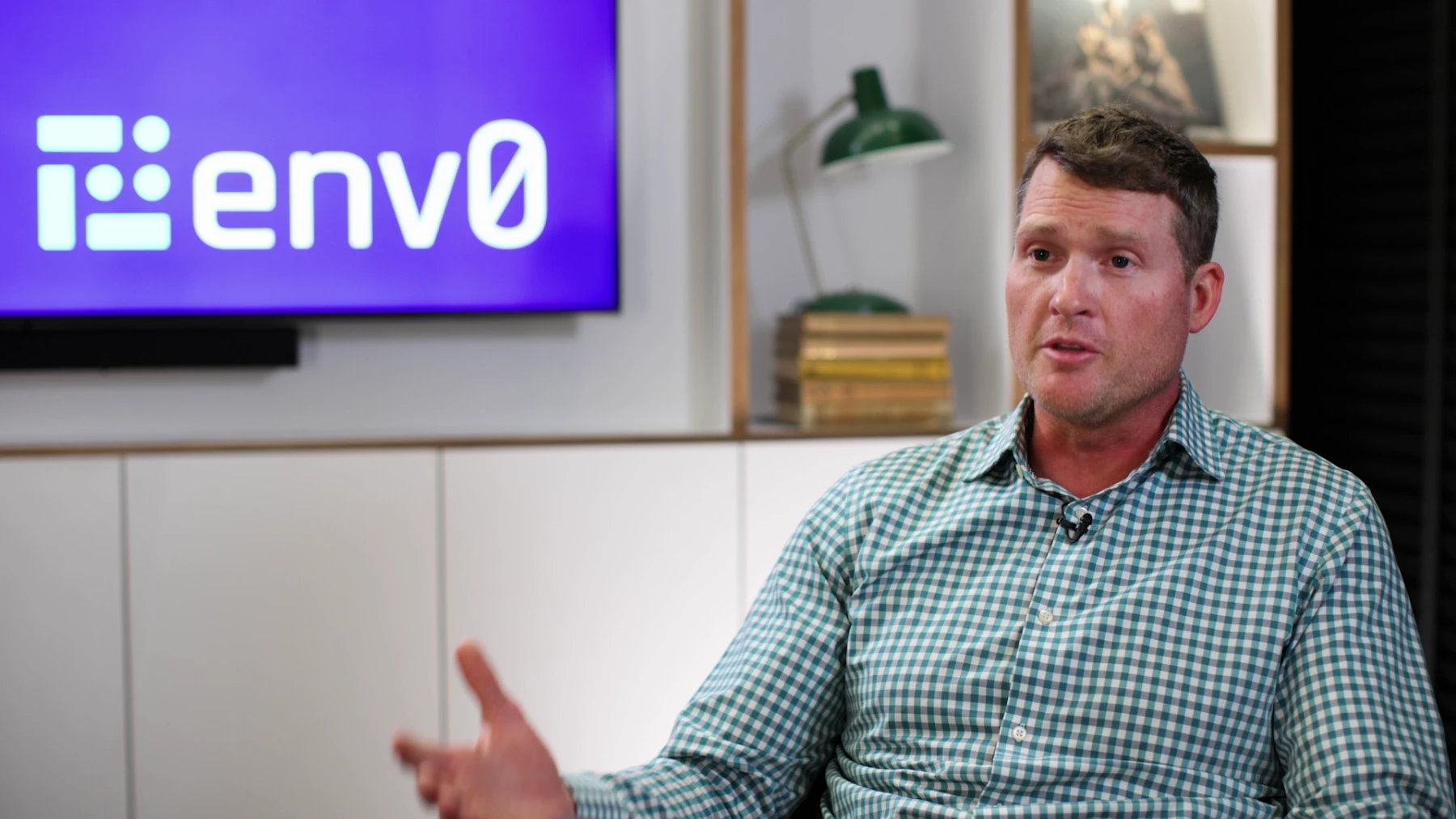ActiveFence Centralizes and Optimizes IaC Management


Using env zero, we now can provide an infrastructure to our developers, allowing me to focus on what’s important. I no longer have to manage the management solution.
- Complicated code commit processes
- Difficulty managing code development at scale
- Code drifts
- Limited code reuse
- Centralized IaC management
- Single pane of glass for all IaC activities
- Logging capabilities and drift detection
- Facilitated collaboration across workflows
- Streamlined code management and scalability
- Improved visibility and drift detection for better code stability
- Increased collaboration and code reuse, leading to faster development cycles
Background
ActiveFence supports online platforms to protect against harm and malicious behavior. In today’s digital age, it’s a complex feat requiring a lot of tooling across many teams.
As ActiveFence has grown, their reliance on management tools has also increased. They traditionally used basic git workflows, with code living in various places to get things done. ActiveFence chose env0 because of its ease of use, logging capabilities and the fact they would no longer need to “manage their management solution”.
Challenge
Prior to using env0, ActiveFence developers would clone code to their laptop, make changes, commit it and then try to integrate it into their overall solution. This workflow led to many complications and, in the words of ActiveFence, it was hard to keep things “calibrated”.
Another challenge ActiveFence faced was code drift. As a growing company that was moving fast, high-quality documentation of the infrastructure suffered.
Finally, ActiveFence had several workflows and pipelines, but it was tough to connect them together and to reuse pieces from one workflow in another. Code reuse was also harder because of the underlying permissions on their infrastructure.
Solution
ActiveFence chose env0 as their centralized IaC management platform. They use env0 for centralized and simplified code management, building, drift detection, and logging capabilities.
Results
env0 not only allows ActiveFence to build centrally, but it shows what changes were applied, when, and also provides extensive logging to better help with troubleshooting.
In addition, with env0, the team now has a central hub for all IaC needs, giving everyone visibility into what they apply, where and when. This centralization also removed the need to build locally, reducing collisions with other builds caused by simultaneous Git pushes.
Finally, with code centrally managed, by using env0, ActiveFence can reuse one object in many projects without worrying about collisions or permissions.
Reuse, coupled with pretty plan/graphical diff, makes it super easy for ActiveFence developers to identify and reduce complications in their environment.
What’s Next?
Another big feature ActiveFence sought was the ability for developers to use a self-service portal. With the env0 access control system and templates, this is in the cards as an achievable future project.
As ActiveFence continues to fine-tune their use of env0, their staff say they have only scratched the surface of all the capabilities it can offer. Each change they make saves time, and allows them to get their product out quicker, helping with the mission to support online platforms in protecting against harm and malicious behavior.
Related Content
.avif)
